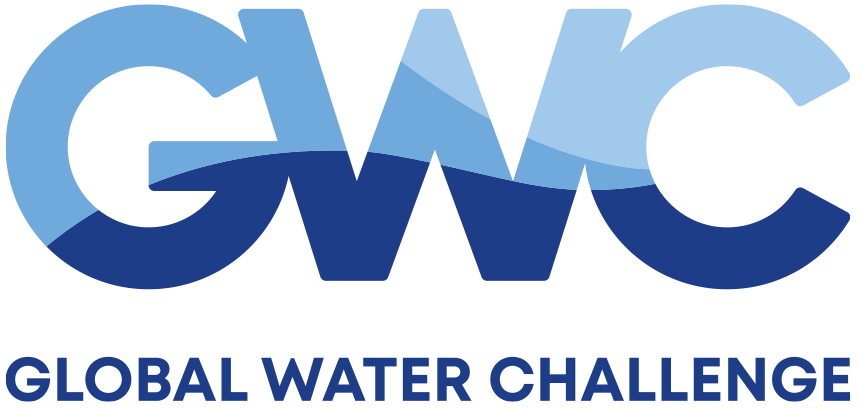ALL TOGETHER NOW - Mobilizing community and basin-level resilience via corporate-led collective action
This #worldwaterday we are reminded that by working together to balance everyone’s needs, water can be a stabilizing force and catalyst for sustainable development and peace.
However, across all sectors and geographies, demand for water increases while water insecurity in watersheds and communities escalates – necessitating that users and stakeholders must collaborate to manage water as a common good.
The need is pressing – by 2030 it is estimated that:
- Fresh water demand will outstrip supply by 40% with over 3.6 BN people living in water-stressed areas.
- 6 BN people will lack safe drinking water and 2.8 BN people will live without safe sanitation.
- Over 40% of urban watersheds will experience degradation and almost 2 BN people will live in basins depleted by overuse.
Private sector-led collective action advances sustainable growth.
For most industries, water is operationally vital. As major water consumers, companies are critical to mobilizing cooperative action and their adoption of sustainable and resilient water practices catalyzes positive impact far beyond the four walls of their operations.
With over USD $300 BN of business value at stake due to water scarcity, pollution and climate change, commercial users are compelled to invest to help improve basin quantity and quality and water access for impacted communities across their value chain. This wider focus necessitates shared efforts to manage water as a shared resource.
Deeper, lasting change results when businesses engage in collective action.
With a well-managed platform approach, companies can help unite diverse basin stakeholders to participate in the co-design and deployment of critical environmental, social, and governance interventions that can tackle shared concerns for the long term.
This approach also enables all stakeholders to speak as a credible, united voice to reshape the way communities value, use, and manage water.
At GWC we know that accelerating collective action is core to creating systemic change. With multiple decades of building high impact, partnership platforms grounded in corporate engagement, we have learned that cooperative programming results in:
- Better management of water use as a shared responsibility – reducing ecosystem and infrastructure stress.
- Improved integrated water resources management – critical to achieving a circular economy.
- Effective solutions to the complex challenge of building climate resilient water systems.
- Enabling conditions for sustained, multi-sector investment to close funding gaps, make data more accessible, reduce capacity shortfalls, strengthen governance systems and accelerate technology and innovation uptake.
- Enhanced crisis preparedness to protect ecosystems and human health.
- Shared knowledge and understanding of best practice water resource solutions.
- Uniting all users around fair and sustainable water use – across borders and locally.
To celebrate #WorldWaterDay, we are delighted to share our GWC/GETF Collective Action Compendium showcasing our experience and insight around how collaborative, multi-sector programming contributes to a more prosperous and peaceful future through water security.
We welcome your partnership on this journey.
